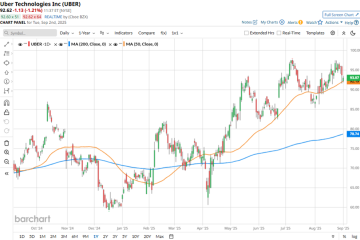Recent Developments in China’s Tiangong Space Station
Introduction
The advancements in space exploration have taken a significant leap forward with the ongoing development of China’s Tiangong space station. Launched in 2021, Tiangong is set to become a pivotal hub for scientific research and international cooperation in orbit. As the world turns its gaze on space endeavors, Tiangong signifies China’s ambitions in the realm of cosmic exploration, marking a decisive moment in the new space race.
Progress and Achievements
As of October 2023, the Tiangong space station has successfully expanded its modules and established a permanent crewed presence in low Earth orbit. The Tianhe core module serves as the main component, which has recently been joined by the Wentian and Mengtian laboratory modules. This assembly allows for an impressive array of scientific experiments, including life sciences and materials research, conducted in a microgravity environment.
Currently, Tiangong hosts a rotating crew of astronauts, also known as taikonauts. The most recent crewed mission, Shenzhou-16, launched earlier this year, has conducted various research tasks and maintenance work on the station. These missions not only emphasize China’s technical prowess but also its commitment to international collaborations, evidenced by agreements with multiple countries to share research findings conducted aboard Tiangong.
Significance for Global Space Exploration
The significance of Tiangong stretches beyond China’s borders. With the African Space Agency, the European Space Agency, and other international partners expressing interest in collaboration, Tiangong is set to become a central player in the global space community. This international perspective is essential as nations grapple with the challenges of future space missions, including sustainable living conditions on other planets and resource exploration in the solar system.
Conclusion
As we look ahead, the Tiangong space station represents a substantial leap in space exploration. Analysts predict that it will not only advance scientific knowledge but also foster global collaborations, reshaping the dynamics of space exploration in the 21st century. As countries continue to return to the Moon and plan missions to Mars, the collaborative potential of stations like Tiangong will be crucial in propelling humanity towards new cosmic frontiers.








